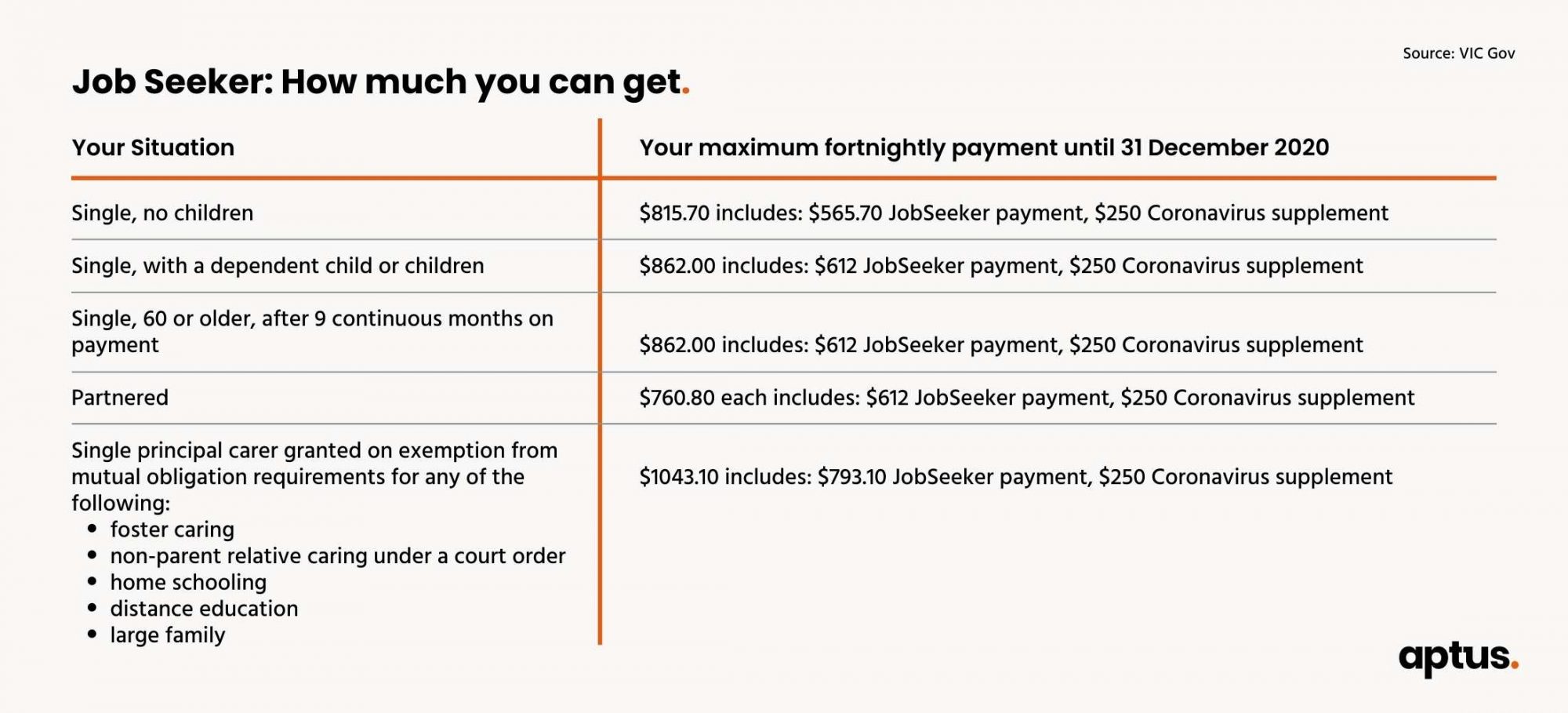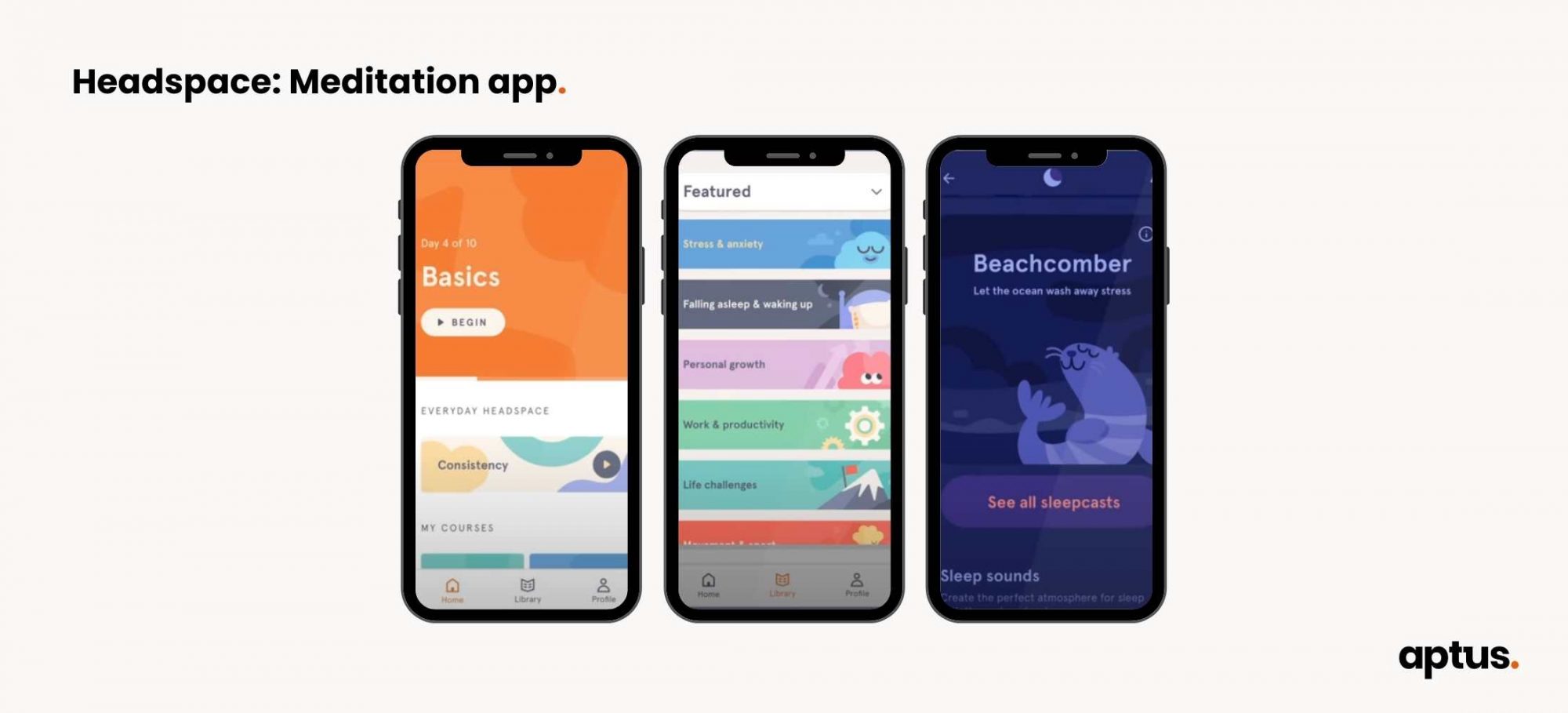The global pandemic has led to the unemployment of nearly a million Australians, and possibly more. Losing your job can feel like a long and scary period, both emotionally and financially. Having to cope with losing your job, unemployment, the uncertainty, getting back on your feet, job searching and re-entering the industry can be a daunting process.
It’s true.
But here’s the kicker.
By taking control of the situation with the right steps and maintaining a good spirit, you can (and will!) bounce back better than ever.
Let’s find out how:
Job loss depression is real
It’s normal to feel upset or even angry. You may feel overwhelmed and feel like things are beyond your control. As we spend so much time at work, some may even question their identity and purpose.
Take the time to acknowledge your feelings and emotions, and place utmost importance on your mental and emotional health. Never ever let your job loss define you as an individual or professional.
It’s important to know that you’re not alone, and there is help for you if you need it.
If you are feeling depressed, suicidal or need support, please don’t wait and call Lifeline at 13 11 14 or Beyond Blue at 1300 22 4636.
Go over your finances
Losing your main (or possibly only) source of income is extremely difficult and unsettling. We often first think about the uncertainties and financial challenges in the coming months.
In order to put these financial concerns out of the way to refocus on yourself and plans moving forward, it’s important to manage your finances as well as seek out financial assistance options that may be available to you.
The JobSeeker payment is a support from the Australian government for those looking for a job and meets the requirements.
You may receive the following amounts:

To stay on top of your financial situation, make a budget and stick to it. Lifestyle changes may be necessary, but this is only temporary.
For example, you may need to be more prudent in your shopping and eating ‘out’.
These small daily changes can make a huge difference in overcoming this period.
Healthy body, healthy mind
You already know that exercising is healthy and keeps you fit, but the stress-relief effects are almost instant. Any physical activity, from yoga to jogging, helps increase the production of your brain’s feel-good neurotransmitters – endorphins.
Doing this regularly will not only improve your mood but also gives you a sense of fulfilment each day.
Practising meditation is also a great way to stay calm and remain focused, giving you greater clarity to tackle any challenges ahead.
We love Headspace, a meditation app (first 2 weeks free, thereafter 69.99 USD/approximately 99 AUD annually).

You’re probably wondering…
“But this as an additional, unnecessary expense!”
People that meditate experience its benefits over regular practice and swear by it. To give it a go without paying for an app, start your day in silence with your eyes closed for ~5 minutes for similar benefits.
Plan your next move
First things first, consider whether you need some time off or you want to hop on to your next move soon. Either way, fix a date to start.
Next, have a think about whether you enjoyed your last job and industry. Do you want to explore other options instead?
Other than finding a job similar to your previous role, there are several alternatives you can consider:
- Upskilling
- Networking
- Freelance work
- Volunteering
Do some research on your options and weigh them based on practicality and passion, whichever may be most important to you at this stage.
Get started on your journey
Set up a designated work station, clear clutter and gather your essentials. This should be a focus-only zone where you can set aside a couple of hours a day to work towards your goal.
There are a few things you should prepare before embarking on your job search journey:
Update your resume – transparency is key so be sure to highlight your job loss in your resume. Also see the 8 job skills that put you in demand now.
Prepare your reference request from your previous employer – refer to 5 reference request best practices.
Work on your LinkedIn profile – see our top 10 LinkedIn profile tips that our consultants also look out for.
Get in touch with a reliable recruitment agency – we don’t mean to brag but we’re one of the best in the Built Environment space, if not the best. See our open jobs.
Set up a spreadsheet for the jobs you will apply for
Let’s get cracking!
You may have heard that job searching is a full-time job itself. While yes, it does take a lot of time and energy, remember to focus on your mental and physical well being before anything else. Never let yourself reach the point of a job search burn out.
Creating a plan may help you to allocate different times of the day for different activities – see how to form habits that stick in 5 steps.
When it comes to having healthy habits and sticking to them, consistency is key to achieve your goals. Soon enough, you will start to see remarkable results.
Fall 10 times, get up 11
Job searching is not easy, especially more so now. You may get rejected multiple times and feel demoralised, but that doesn’t mean you are incompetent. Just like how your job loss doesn’t define you as an individual or professional, neither does getting rejected for jobs you have applied for.
Maintain a positive outlook and press on, and use these rejections as a challenge for you to say “that’s alright, I’m still ok”.
“Tough times don’t last, tough people do.”
– Robert Schuller


